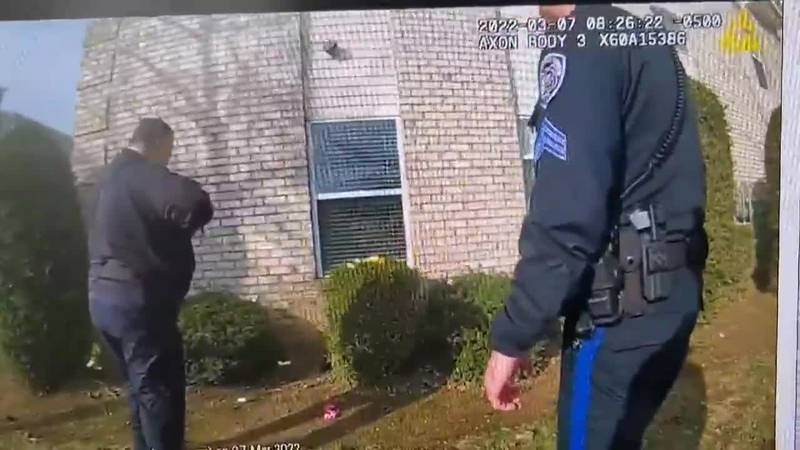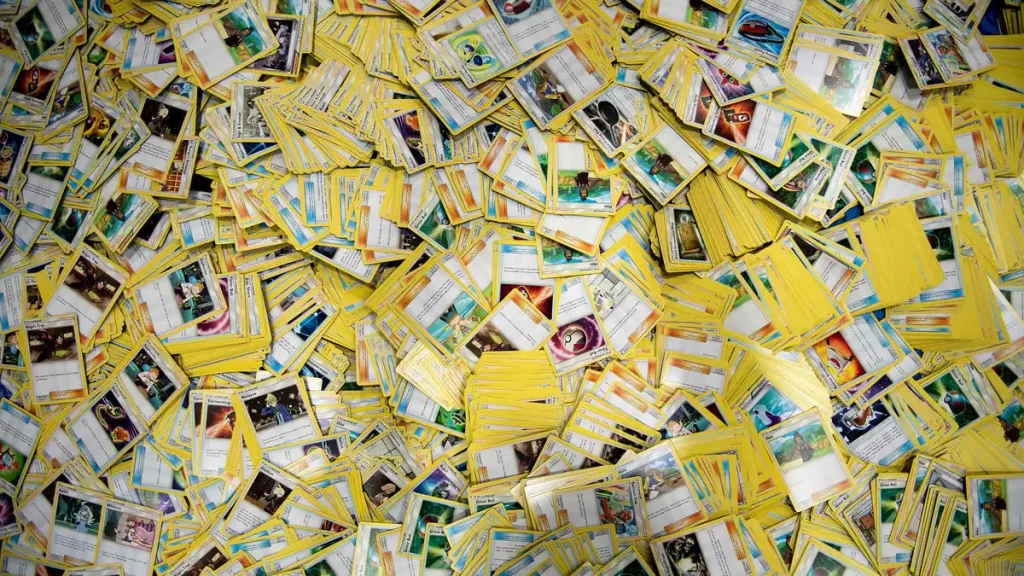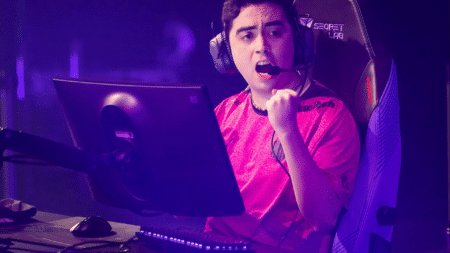To support minor companies coping with the drop in sales resulting from curfews during the COVID-19 epidemic, federal and state ministries made funding accessible two years ago. The worldwide COVID outbreak had a detrimental effect on some corporates, which were forced to close notwithstanding the support they received.
Nevertheless, this budget was crucial in assisting numerous smaller firms remain solvent, and that vast majority of the landings weren’t tied with any interest or eligible for grace if specific prerequisites were fulfilled.

In certain cases, those who were not eligible for the aforementioned aid were nonetheless able to make use of the grants, despite they were not legally entitled to it. Numerous tales surfaced about major corporations that didn’t require help identifying gaps to grab credit, such as labeling every location of the shop as an independent modest company. Vinath Oudomsine of Georgia bought a Pokemon card worth $57,789 with money he got via the COVID charity grant scam.
The 85K Card Landed Vinath Behind Bars

With a ludicrous assertion that his “entertainment events” company employed ten people and generated $235,000 in revenue annually, the scammer sought for an Economic Accident Crisis Grant with the United States Small Business Bureau two years back. For $85,000 in the same year, he obtained a premium Pokemon card from an auction house. Vinath has been ordered to serve 3 years behind bars, accompanied by 3 years of “monitored probation” for his false petition. In addition, he’ll have to pony up back $85,000 in government loans and relinquish his fancy cards as well.
Have You Read: YouTuber Reveals Injustice 2 Scraped off Brutalities
Investigators haven’t specified the particular Pokemon card Vinath bought, but we did some research and uncovered that in December of the same year, a rare Pokemon card grade was auctioned on the PWCC Auction for the identical sum Vinath spent. Vinath, as well as many others who have followed suit, will be held liable for their selfishness.

Numerous small companies were unable to get the help they really required because of bogus submissions to initiatives similar to these, which had a finite supply of funding and rapidly dried up. As a result, several of these businesses have gone out of business since they failed to properly pay their bills throughout curfew.
Countless users’ daily routines have been disrupted by the closures of smaller firms, and several venerable brands may have faded away forever. But now things are looking up and appears to be on track now.










